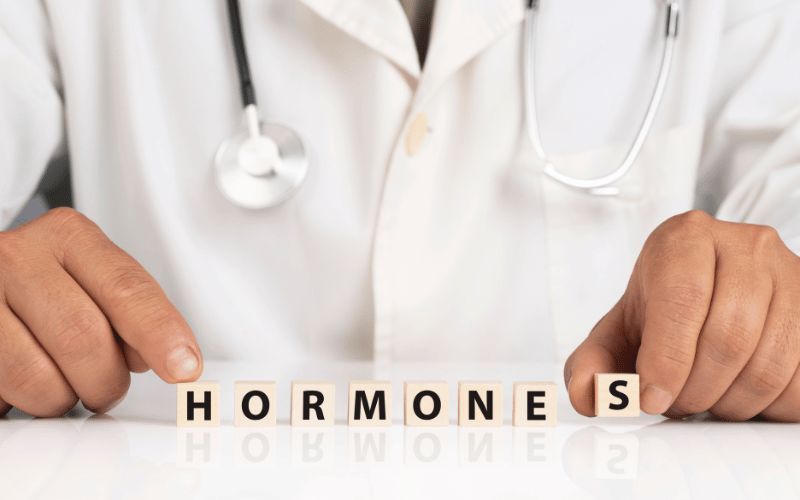5. Hormonal Changes: The Sleepy Side of Menopause

Ah, menopause. Most people are familiar with the hot flashes, mood swings, and night sweats, but did you know that it can also lead to excessive daytime sleepiness? It’s true. As women transition into this new phase of life, the hormonal fluctuations can wreak havoc on sleep patterns, making it harder to stay awake during the day.
So, what’s the science behind this? Estrogen and progesterone, two hormones that play key roles in regulating sleep, see drastic changes during menopause. Reduced levels of these hormones can lead to disruptions in the sleep-wake cycle, affecting the quality of sleep and causing daytime sleepiness.
It’s not just about hormone levels, either. Many women experience sleep disturbances like insomnia during menopause. This makes it difficult to fall asleep or stay asleep throughout the night, resulting in a sleep deficit that manifests as daytime sleepiness. (5)